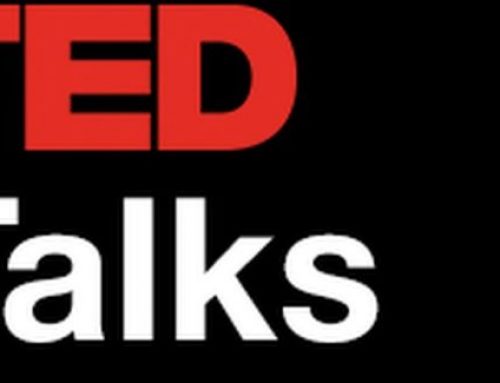“Knowledge of each other, not of the flesh but through the flesh, knowledge of self, the real him, the real her, in extremis, the mask slipped from the face…”
It’s to do with knowing and being known. I remember how it stopped seeming odd that in biblical Greek, knowing was used for making love. Whosit knew so-and-so. Carnal knowledge. It’s what lovers trust each other with. Knowledge of each other, not of the flesh but through the flesh, knowledge of self, the real him, the real her, in extremis, the mask slipped from the face.
Every other version of oneself is on offer to the public. We share our vivacity, grief, sulks, anger, joy … we hand it out to anybody who happens to be standing around, to friends and family with a momentary sense of indecency perhaps, to strangers without hesitation. Our lovers share us with the passing trade. But in pairs we insist that we give ourselves to each other. What selves? What’s left? What else is there that hasn’t been dealt out like a deck of cards?
Carnal knowledge. Personal, final, uncompromised. Knowing, being known. I revere that. Having that is being rich, you can be generous about what’s shared – she walks, she talks, she laughs, she lends a sympathetic ear, she kicks off her shoes and dances on the tables, she’s everybody’s and it don’t mean a thing, let them eat cake; knowledge is something else, the undealt card, and while it’s held it makes you free-and-easy and nice to know, and when it’s gone everything is pain. Every single thing. Every object that meets the eye, a pencil, a tangerine, a travel poster.
As if the physical world has been wired up to pass a current back to the part of your brain where imagination glows like a filament in a lobe no bigger than a torch bulb. Pain
Tom Stoppard‘s 1982 play
The Real Thing
The Real Thing


